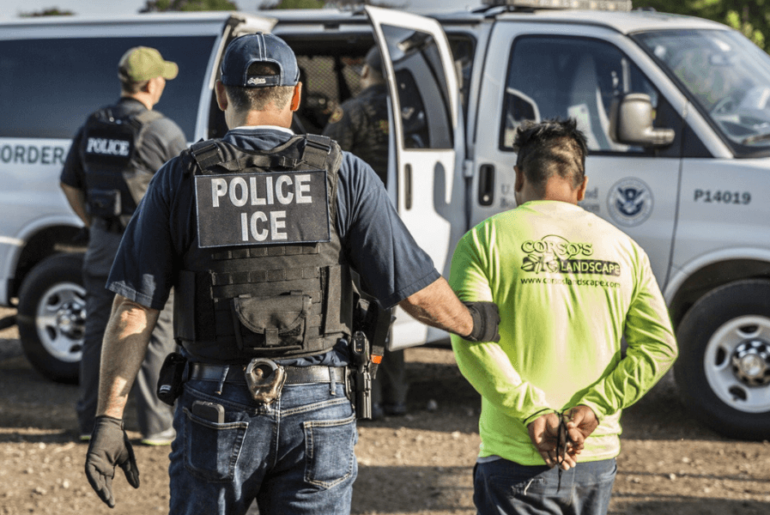On July 1, 2023, the strictest anti-immigrant law in the United States, SB 1718, went into effect in Florida. This law has significant consequences for immigrants, affecting vital areas of their lives, including employment, forms of identification, transportation, and healthcare. Non-immigrants and US citizens in Florida may also be affected, as industries such as tourism, agriculture, construction, hospitality, and restaurants may face a shortage of workers. With the Florida law now in effect, many are curious about its impact and whether other US states will adopt similar legislation.
Next, we will answer some questions about Florida’s anti-immigrant law SB 1718, and the potential for other states to enact similar measures:
- What is SB 1718, and who is affected by it?
- Which out-of-state driver’s licenses are no longer valid in Florida?
- Can undocumented immigrants travel into or within Florida?
- Can undocumented immigrants still seek healthcare from the doctor’s office or hospital?
- What other US states have anti-immigrant policies?
- Will other states pass laws similar to SB 1718 in Florida?
What is SB 1718, and who is affected by it?
Here are the top 5 things you should know about anti-immigrant law SB 1718:
- Hospitals accepting Medicaid in Florida must inquire about patients’ immigration status, but patients can refuse to share this information. Undocumented individuals can still seek healthcare in any setting.
- Falsifying information to get a job can result in a third-degree felony for undocumented workers, and employers hiring them knowingly also face penalties. Employers with over 25 employees must use the federal E-Verify system to verify work authorization.
- The law prohibits the transportation of undocumented immigrants into Florida but allows travel within and out of the state. For example, legal residents or US citizens can drive undocumented individuals within Florida but cannot take them on a trip out of the state and back.
- Local governments can no longer fund community IDs, but existing ones are still valid.
- The law invalidates out-of-state driver’s licenses for undocumented immigrants.
Which out-of-state driver’s licenses are no longer valid in Florida?
As of July 1, these out-of-state licenses are no longer valid in Florida for drivers without legal status:
- Delaware
- Connecticut
- Hawaii
- Rhode Island
- Vermont
This information may change as other states update their driver’s license requirements.
What other US states have anti-immigrant policies?
In the past year, several states have introduced or considered anti-immigrant laws affecting undocumented immigrants:
- Texas: Proposed law HB20 aims to establish the Texas Border Protection Unit with the authority to detain individuals illegally crossing into the US
- North Carolina: Proposed law HB10 seeks increased collaboration between local law enforcement and Immigration and Customs Enforcement (ICE).
- South Carolina, Arkansas, Tennessee, and Alabama have implemented relatively broad anti-sanctuary laws, which significantly negatively affect their immigrant residents.
To explore the immigration enforcement laws in your state, click here.
Will other states pass laws similar to SB 1718 in Florida?
It is uncertain whether other states will pass laws similar to the anti-immigrant law SB 1718 in Florida. However, introducing such legislation in one state can sometimes inspire or influence other states to propose similar measures. The adoption of anti-immigrant laws varies among states based on their unique political landscapes and priorities. It is essential to stay informed about developments in immigration-related legislation at both the state and federal levels.

